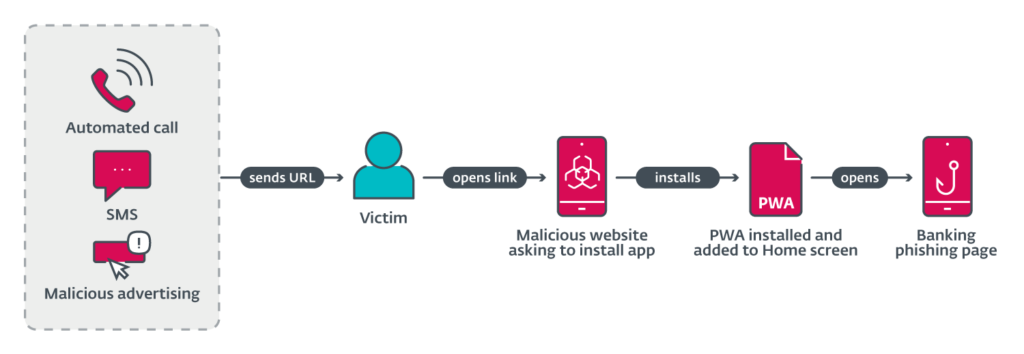From bbc.com
The hackers behind a cyber-attack on Marks & Spencer (M&S) managed to gain entry through a third party who had access to its systems, the BBC understands.
The cyber-attack, which happened in April, has caused millions of pounds of lost sales for M&S and left it struggling to get services back to normal, with online orders paused for more than three weeks.

